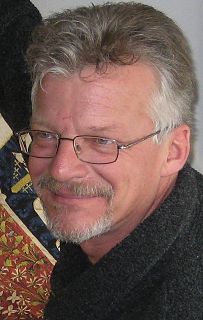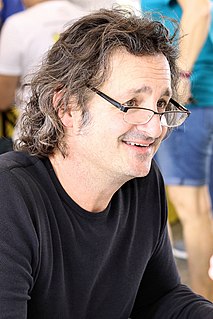A Quote by Fidel Castro
I do not conceive of any manifestation of culture, of science, of art, as purposes in themselves. I think the purpose of science and culture is man.
Related Quotes
The belief that established science and scholarship--which have so relentlessly excluded women from their making--are "objective"and "value-free" and that feminist studies are "unscholarly," "biased," and "ideological" dies hard. Yet the fact is that all science, and all scholarship, and all art are ideological; there is no neutrality in culture!
While much of modern behavioral and social science treats individuals as autonomous agents, it is absolutely clear that the way we think and act is enormously influenced by the culture in which we live. It also is clear that the major elements of modern culture-science, technology, law, music, and religion-have evolved over time in a quite concrete sense of the term. Mesoudi makes these arguments very well and his book is a very good read.
I don't think any administration, when they come in, thinks that their job is to tell the scientists what the science looks like or to be quiet about the science. Scientists need to remain true and not allow science to be politicized. Scientists are not politicians, and no politician should consider themselves to be a scientist.
Every fact of science was once Damned. Every invention was considered impossible. Every discovery was a nervous shock to some orthodoxy. Every artistic innovation was denounced as fraud and folly. The entire web of culture and "progress," everything on earth that is man-made and not given to us by nature, is the concrete manifestation of some man's refusal to bow to Authority.
I define science fiction as the art of the possible. Fantasy is the art of the impossible. Science fiction, again, is the history of ideas, and they're always ideas that work themselves out and become real and happen in the world. And fantasy comes along and says, 'We're going to break all the laws of physics.' ... Most people don't realize it, but the series of films which have made more money than any other series of films in the history of the universe is the James Bond series. They're all science fiction, too - romantic, adventurous, frivolous, fantastic science fiction!











































